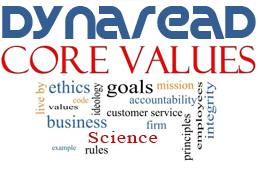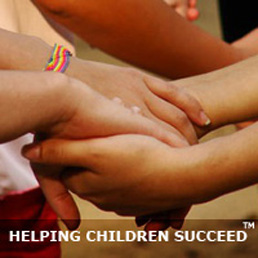by Timothy R. Jordan and Kevin B. Paterson
In recent years, some researchers have proposed that a fundamental component of the word recognition process is that each fovea is divided precisely at its vertical midline and that information either side of this midline projects to different, contralateral hemispheres. Thus, when a word is fixated, all letters to the left of the point of fixation project only to the right hemisphere whereas all letters to the right of the point of fixation project only to the left hemisphere. An informed assessment of research in this area requires an accurate understanding of the nature of the evidence and arguments that have been used to develop this "split-fovea theory" of word recognition (SFT). The purpose of this article is to facilitate this understanding by assessing recent published support for SFT. In particular, we assess (i) the precision with which experiments have been conducted, (ii) the assumptions made about human visual ability, and (iii) the accuracy with which earlier research has been reported. The assessment reveals shortcomings and errors that are likely to impact on an accurate understanding of research in this area and, therefore, on an accurate understanding of the viability of SFT.

![]() Our Dynaread team members are required to hold themselves accountable for serving our clients in adherence with our core values...
Our Dynaread team members are required to hold themselves accountable for serving our clients in adherence with our core values...
Contribute with scientific and overall integrity.
Retain the focus on the needs of each individual child.

Dynaread has been developed in the trenches of actual remediation, with our feet firmly planted on the ground. Scientific research is essential (and we consistently use it), but we also understand the realities at home and in school. Not all homes have two parents, not all Dad's or Mom's are always home, there is oftentimes no money, schools lack staff or funding. We listen, we observe, we discuss, and we build the best solutions we can for older (ages 7+) struggling readers.
